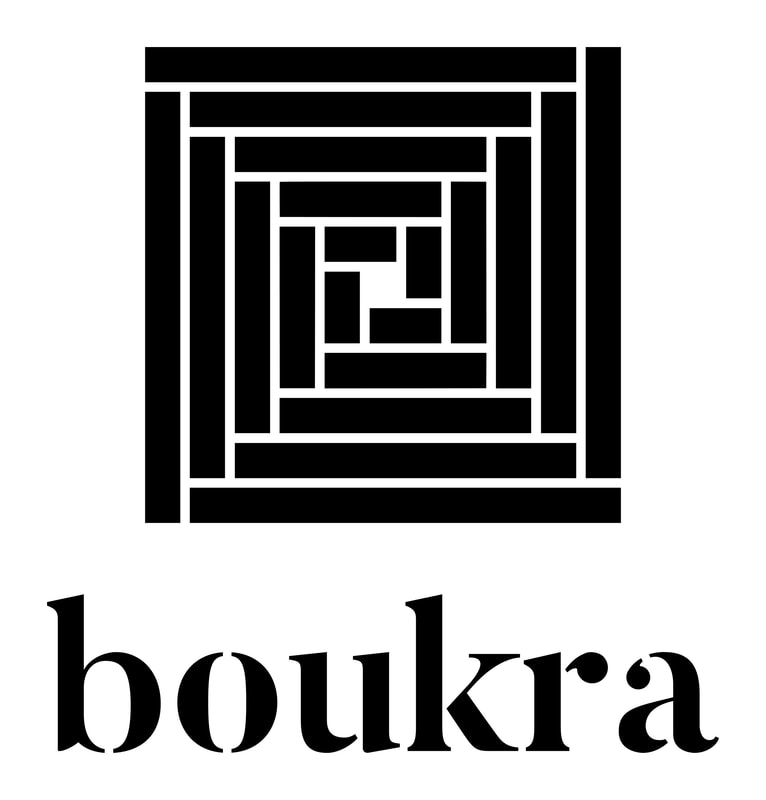|
Back to Blog
Lebanon’s heritage is known for being diverse and dynamic, reflecting Lebanon’s extensive history as well as its people’s generosity and love of life. Our heritage forms a big part of our Lebanese identity and we should cherish it and preserve it in order to save this cultural memory. The damage of a destroyed cultural and natural heritage can be irreversible, and Boukra is working to maintain it.
Boukra is a non-governmental, non-political, non-profit, independent organization whose mission is to protect Lebanon’s cultural and natural heritage while educating the public on sustainable lifestyles. Their approach towards the preservation of our heritage is people-based and driven as they believe heritage is the foundation of our identity and manifests itself in our communities, culture, and environment. Boukra believes in bringing heritage back to our hearts by empowering our local community and our youth to help build a better future. Through heritage-based projects, they bring back the wisdom from our past to create new economic opportunities and jobs in a sustainable fashion. Muriel Sarrouf and Raquel Ramadan founded Boukra in 2019. They had always been drawn to Lebanese heritage and its unfortunate neglect in our society, and found that their values and visions aligned on the topic. When asked about the inspiration behind Boukra, both the NGO and the name, Muriel said it came from the movie “Demain” by Cyril Dion. “This movie incredibly inspired me by its positive approach and by showing that small local steps can be the answer to global sustainability issues. [...] This movie gave me the 'lightbulb moment' where I realized that in order to preserve our heritage we had to come back to a more sustainable way of life and that both issues, heritage and sustainability, were intrinsically linked, and that the best way to achieve this change was by implementing small-scale, local, community-based projects that integrate both heritage and sustainability into people's everyday lives - not by preaching or putting things in a museum where they are not easily accessible.” Their mission to keep heritage and culture alive began with the restoration of Muriel’s great grandfather’s house and its transformation into Beit Jeddé. The old stone house with its wooden shutters looking out at the beautiful Mtein now serves as a base for Boukra and the community around it as well as a space to document traditions and share them with others. Boukra’s Mouneh and Crafts project, meant to perpetuate traditional food preserving methods to our societies, is based there. The project allows local women to prepare and sell traditional mouneh items and sweets, handmade natural soaps, and crafts ranging from hand painted coffee cups to embroidery. The labour and knowledge of the women in the area are being brought to light and valued while allowing them to make additional income from their trades. Boukra also aims at educating us on sustainable consumption and encouraging us to introduce environment-friendly habits into our everyday lives. One of the most gratifying moments for Muriel was the launch of the sorting/recycling station at Beit Jeddé to which they invited the local community for a presentation on the importance of sorting waste at the source. The founders were taken aback by the response as they ran out of space to seat everyone who showed up. “This positive response really touched me and showed me that there was a real need for our work, and that very often people don't recycle not because they don't want to, but simply because they do not know where to start and just need a little push from either the state or an NGO to really 'do their part' on the ground. In other words, when you give people the tools, actions and change will follow - even if this is sometimes a rather slow and lengthy process.” Boukra’s ultimate goal is connecting communities through their Tomorrow Institute, a safe space for dialogue and reflection. They introduce art into awareness campaigns and the education of our youth, hosting movie viewings at schools and at Beit Jeddé to tackle issues like bullying, injustices, and the value of land and traditions. We can also participate in workshops and seminars with a focus on the performing arts as well as traditional crafts that bring together both kids and adults, offering a glimpse into the past with the incorporation of traditional activities into the lives of today’s youth, in the hope of passing down the elders’ knowledge and making sure it is never lost. Their projects, full of spirit and life, are a bold return to tradition with a modern sustainable twist that enriches the character of its participants. Boukra, as the name suggests, is always looking towards the future, for new ways to help preserve our country’s beauty and identity. One of their many upcoming projects is the Sustainable Design Lab which promotes the philosophy of “circularity” (recycling and reusing) in collaboration with young designers who are adopting a sustainable approach to their work and art. A big project expected to launch in 2021 is their “Beirut Tomorrow” podcast, a platform to discuss visions and ideas that will help (re)build Lebanon’s sustainable future, including the introduction of urban farming: a chance to make cities greener and more agriculturally productive. Boukra understands that change is often a lengthy process, especially in our stubborn country. However, they rely on us to uphold our bonds as a community, the ones they helped us create, to maintain and push their mission forward, for the greater good and better future: one that offers our youth a life of sustainability and preserved history, one that leaves us proud of our Lebanese identity.
0 Comments
Read More
Leave a Reply. |
|
Boukra is a Lebanese NGO working towards the protection of our Cultural and Natural Heritage, while promoting Sustainable Lifestyles.
We are a non-profit, independent, non-partisan and non-political entity. |
About us |
ALL RIGHTS RESERVED.

 RSS Feed
RSS Feed
